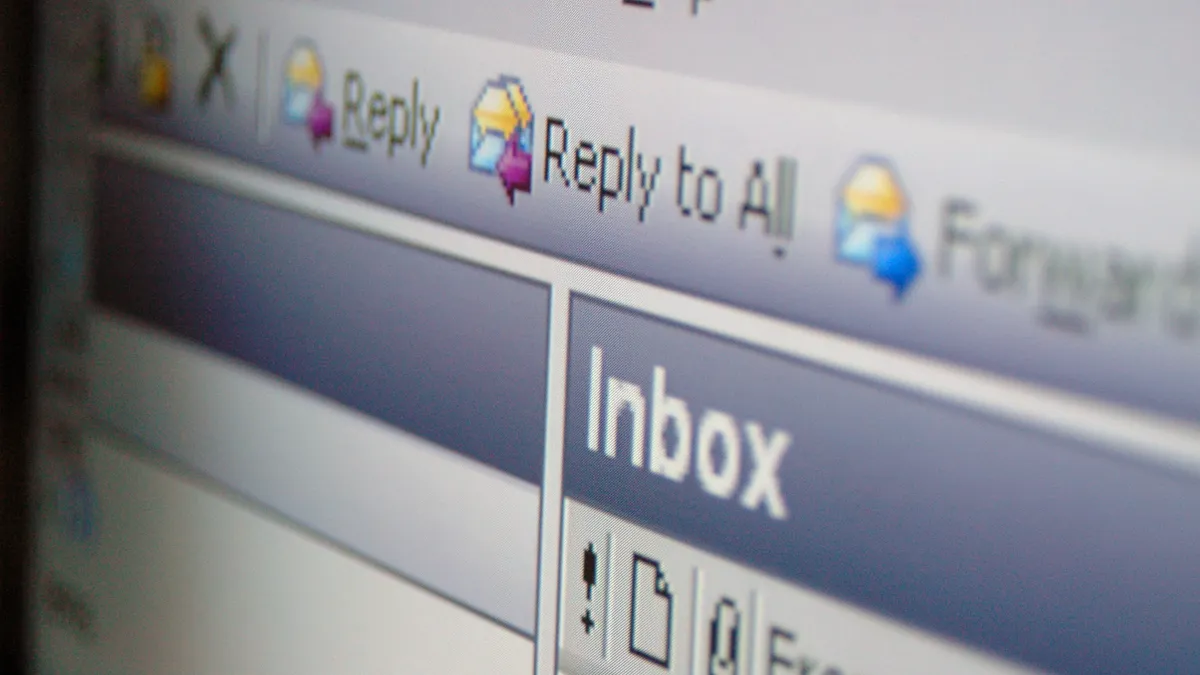Dive Brief:
- The U.S. House of Representatives unanimously passed the Email Privacy Act on Wednesday with a vote of 419-0.
- The law would require law enforcement authorities to get a search warrant before asking technology companies to hand over emails more than 180 days old.
- Currently, agencies only need a subpoena to seek such data from a service provider.
Dive Insight:
The Email Privacy Act would update the 1986 Electronic Communications Privacy Act and closes a loophole that allows the government to use a subpoena to get communications if they are more than six months old. The 1986 law was written before the advent of cloud computing.
Senators Patrick Leahy, D-Vt., and Mike Lee, R-Utah, the authors of the Senate bill, said in a statement that the House vote is a "historic step toward updating our privacy laws for the digital age."
Privacy advocates, who recently complained that Judiciary Chairman Bob Goodlatte, R-Va., had stalled the bill, applauded the progress. Similar versions of the bill have been debated for almost 10 years.
The bill's prospects in the Senate remain unclear, and because it’s an election year, it’s possible the bill won’t progress much further this year. Either way, companies that use cloud should keep a close eye on this bill, as it could ultimately change corporate email rights and responsibilities.
The ECPA was recently called into question by Microsoft, which filed a lawsuit challenging the U.S. government's claims that it can block companies from telling their customers when their data has been examined by federal agents.












